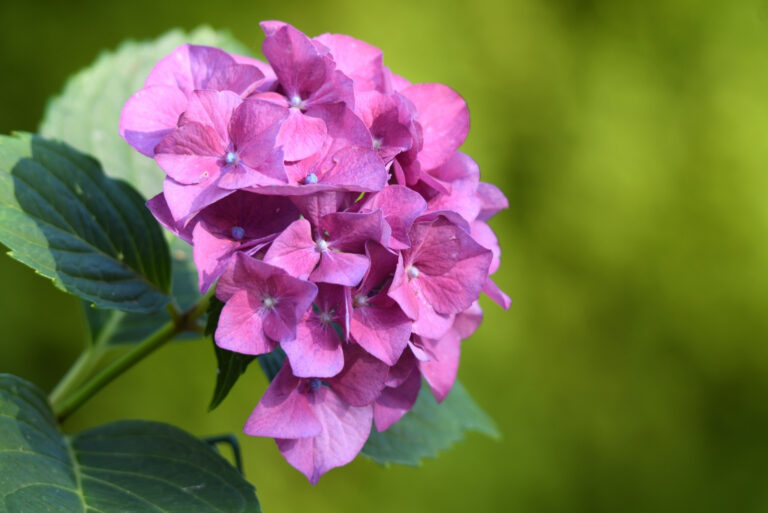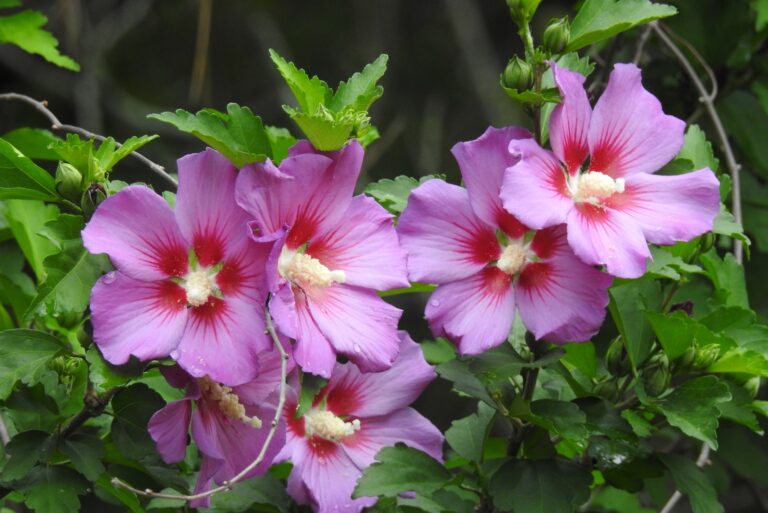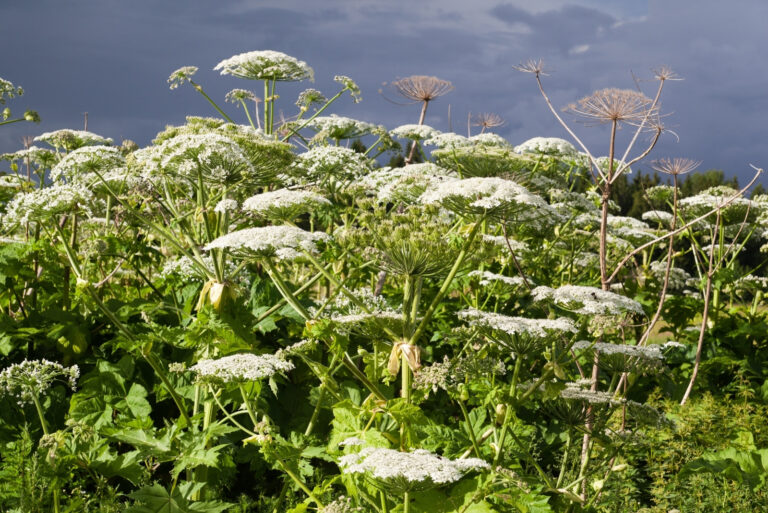7 Yard Features In Rhode Island That Could Soon Be Banned

Rhode Island homeowners might need to rethink their yard designs soon. New environmental regulations and water conservation efforts are pushing the state to reconsider what’s allowed in residential outdoor spaces.
Some popular landscaping choices that have been backyard staples for decades could face restrictions or outright bans in the coming years, affecting how Ocean State residents maintain their properties.
1. Gas-Powered Lawn Mowers And Leaf Blowers

Noisy weekend mornings with roaring lawn equipment might become a thing of the past. Rhode Island lawmakers are seriously considering phasing out gas-powered yard tools due to their significant carbon emissions and air pollution.
These machines contribute more pollution per hour than many cars. Battery-powered alternatives have improved dramatically in recent years, offering comparable power without the environmental damage.
Several Rhode Island municipalities are already offering rebate programs to help homeowners switch to electric models, signaling where future regulations may head statewide.
2. Traditional Grass Lawns
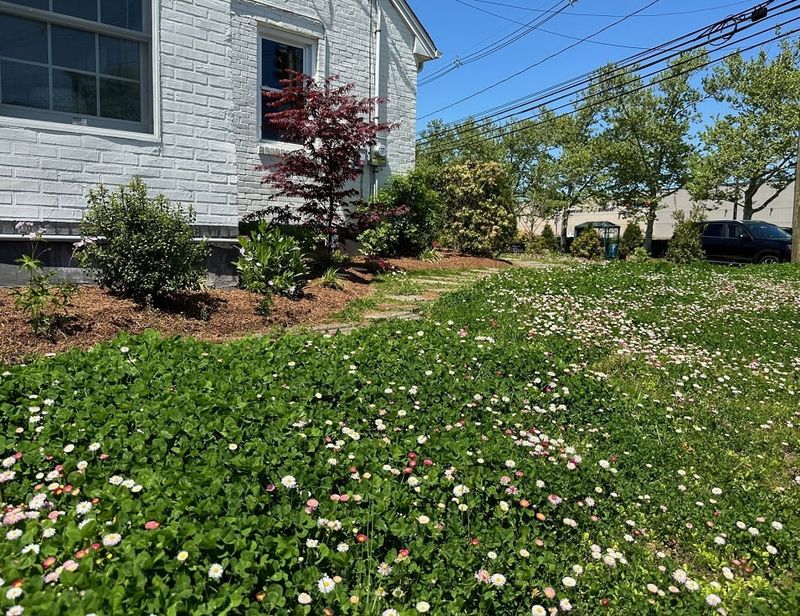
That picture-perfect green carpet covering your yard drinks up water like there’s no tomorrow. Water scarcity concerns are prompting Rhode Island officials to examine restrictions on water-intensive traditional lawns, especially during drought conditions.
Conventional grass requires constant watering, chemical fertilizers, and weekly mowing throughout the growing season. Native ground covers and clover lawns use far less water while supporting local pollinators.
Some Rhode Island communities are already incentivizing homeowners to replace portions of their turf with drought-tolerant alternatives that better suit the region’s climate challenges.
3. Non-Native Invasive Ornamental Plants
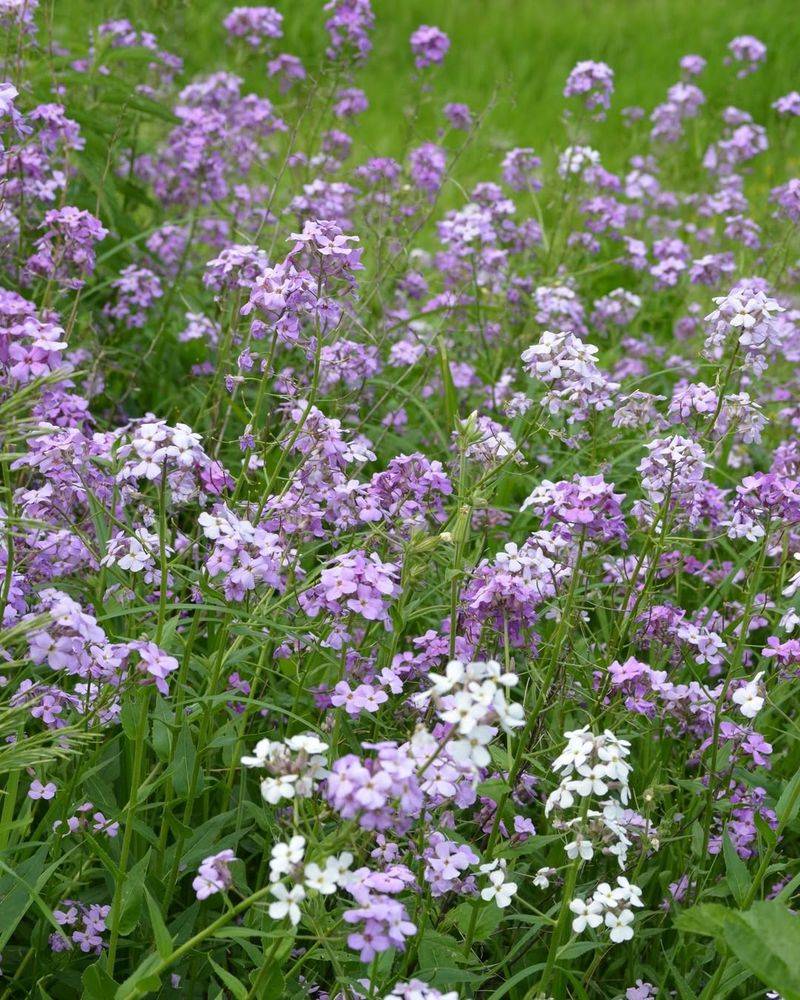
Many popular garden center plants are ecological troublemakers in disguise. Rhode Island has already banned the sale of certain invasive species, and that list keeps growing as these plants escape yards and choke out native ecosystems.
Burning bush, Japanese barberry, and Norway maple look attractive but spread aggressively into natural areas. They outcompete native plants that local wildlife depends on for food and shelter.
Replacing these with native alternatives gives you beautiful landscaping while supporting Rhode Island’s struggling bird and butterfly populations instead of harming them.
4. Chemical Pesticides And Herbicides
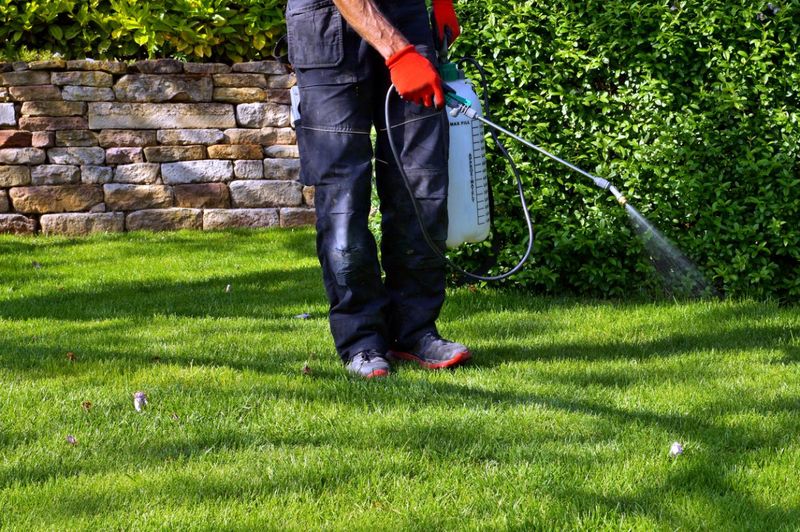
What you spray in your yard doesn’t stay in your yard. Rhode Island’s proximity to Narragansett Bay makes chemical runoff particularly problematic, as toxins wash directly into sensitive marine ecosystems that support the state’s fishing industry.
Several Rhode Island towns have already restricted pesticide use on public and private property. Statewide bans on certain chemicals are under serious discussion.
Organic pest management strategies work surprisingly well without poisoning groundwater. Beneficial insects, companion planting, and proper soil health can handle most common yard pests naturally while keeping Rhode Island waterways cleaner.
5. Concrete And Impermeable Hardscaping
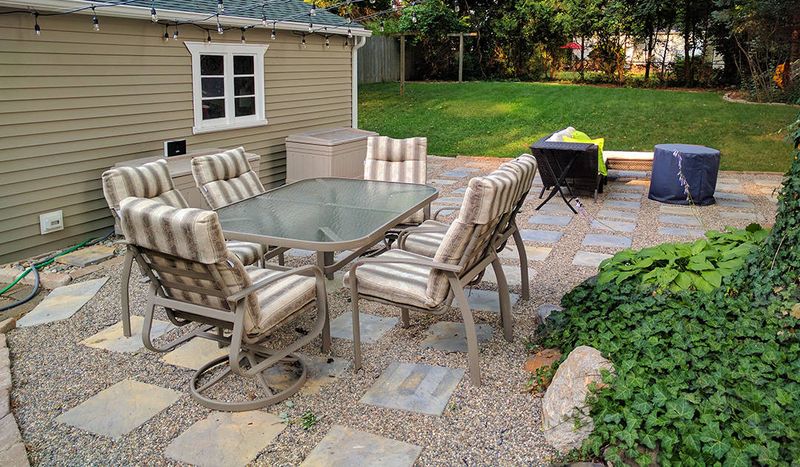
Covering your entire yard with concrete creates serious flooding problems for everyone downstream. Rhode Island experiences increasingly severe storm events, and impermeable surfaces prevent rainwater from naturally soaking into the ground.
This forces water into already overburdened storm drains and contributes to flooding in low-lying coastal areas. Future regulations may limit how much of your property can be paved over.
Permeable pavers, gravel pathways, and rain gardens allow water infiltration while still providing usable outdoor spaces. These alternatives help Rhode Island manage stormwater more effectively during heavy rainfall.
6. Outdoor Wood-Burning Fire Pits
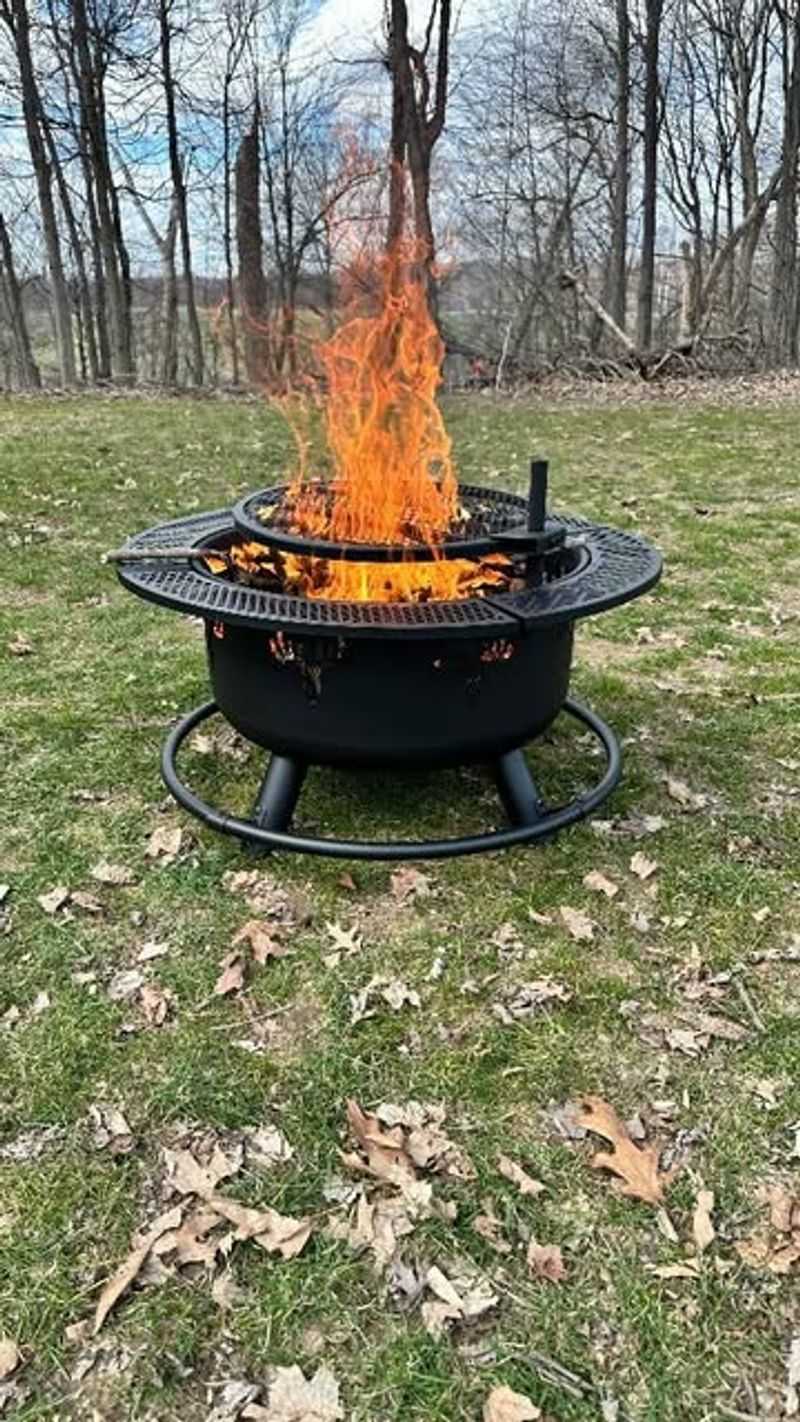
Cozy backyard bonfires produce more air pollution than most people realize. Rhode Island’s dense population means smoke from one yard affects dozens of neighbors, and air quality concerns are driving potential restrictions on recreational wood burning.
Particulate matter from wood smoke aggravates respiratory conditions and contributes to smog formation. Several Rhode Island communities already prohibit open burning except under specific conditions.
Natural gas or propane fire features provide the ambiance without the smoke and pollution. They’re also easier to control and don’t leave your clothes and hair smelling like a campfire.
7. Excessive Outdoor Lighting
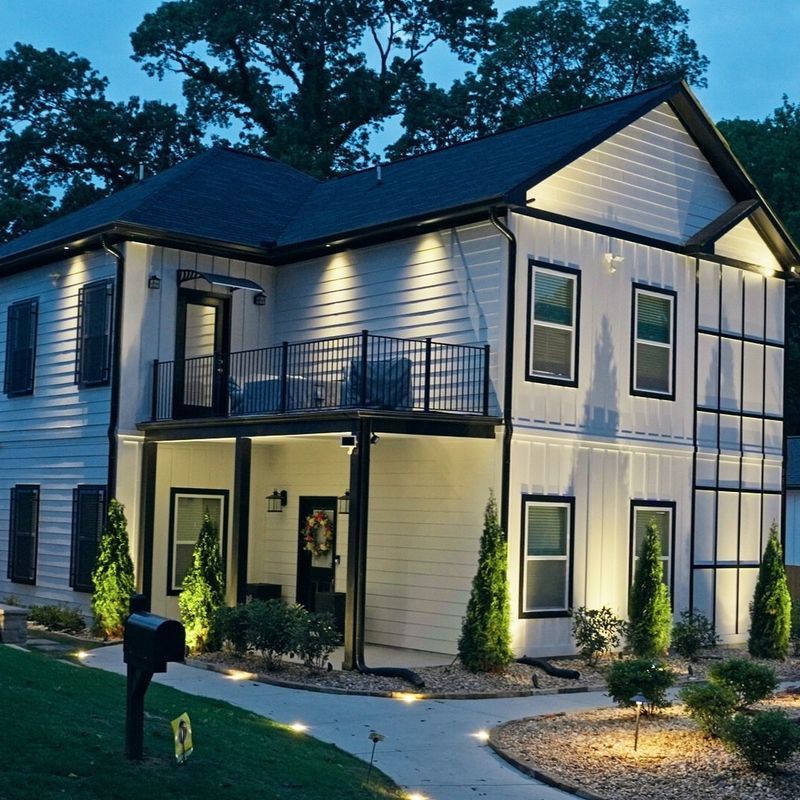
Your security lights might be disturbing more than just potential intruders. Light pollution affects wildlife behavior, disrupts migratory bird patterns, and wastes enormous amounts of energy across Rhode Island neighborhoods.
Excessive outdoor lighting also prevents residents from enjoying the night sky that once characterized the Ocean State. Dark sky regulations are gaining traction nationwide, and Rhode Island may follow suit.
Motion-activated lights and downward-facing fixtures provide security without constantly flooding the neighborhood with unnecessary illumination. These simple changes reduce energy costs while helping local ecosystems function properly after sunset.


